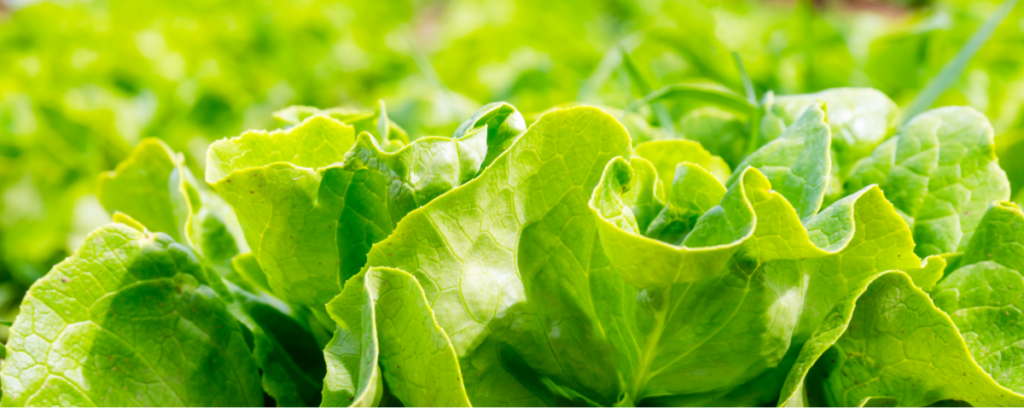Peat-bacterial fertilizer proved its effectiveness during field tests in 2017. There was an increase in potato crop yield up to 25 %, tomato – up to 40 %, cucumber – up to 30 %, buckwheat — 26 %. The researches were carried out in the FSBSI Far East Research Institute of Agriculture. vil. Vostochnoe, Khabarovsk Krai and Federal State Scientific institution “Altai Federal scientific center of agrobiotechnology” (Barnaul, Altai Krai).
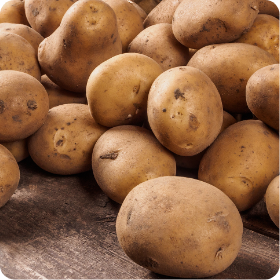
POTATO
Increase crop yields up to 25%
The optimal dose
of fertilizer-180 kg / ha
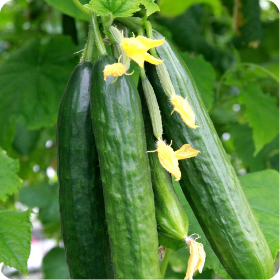
CUCUMBER
Crop yield increase up to 45 %
The optimal dose
of fertilizer- 180 kg / ha
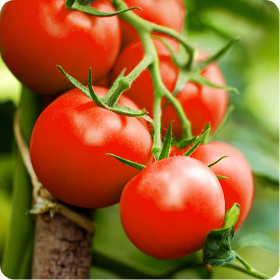
TOMATOES
Increase crop yields up to 40 %
The optimal dose
of fertilizer – 180 kg / ha
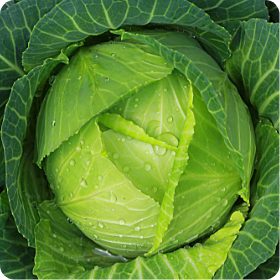
CABBAGE
Increase crop yields up to 40 %
The optimal dose
of fertilizer – 180 kg / ha
The studies were carried out in the field crop rotation on meadow-brown heavy loamy soil with very low availability of mobile phosphates and increased availability of exchangeable potassium .
Observations and studies included:
- plant phenology;
- water regime during the growing season of the crop;
- food regime for the main phases of development;
- physical and chemical indicators of soil fertility.
Peat-bacterial fertilizers have shown a high level efficiency in the cultivation of vegetables and buckwheat.

